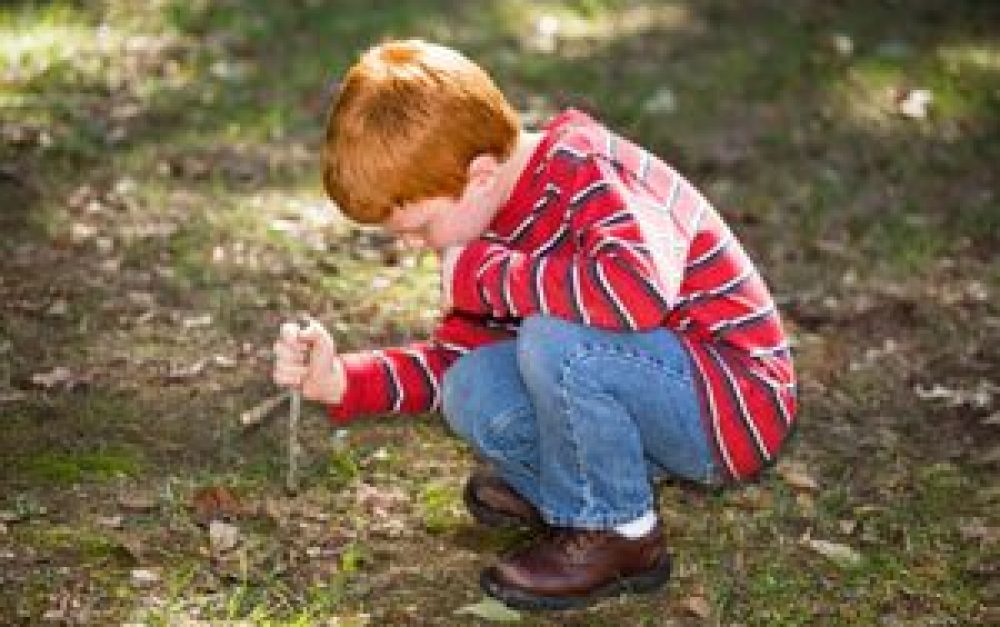Experts at CDC recently released another round of data on how many kids in the U.S. are affected by autism and ADHD. The numbers are, once again, dramatically up.
One in five boys are now diagnosed with ADHD by the time they reach high school. And one in 50 kids are on the autism spectrum, up from 1 in 88 just last spring. Interestingly, some of the news stories on these latest trends are — finally — noting the science linking pesticides and other chemicals with derailed brain development. This is exactly where the conversation needs to go.
While there's still some simmering debate about whether the latest uptick reflects overdiagnosis (particularly with ADHD), the rising numbers are too dramatic to shrug off. And studies continue to roll in showing that chemical exposures are an important contributing factor.
Let's turn these trends around
A few months back we pulled together the latest government data showing increases in a wide range of childhood diseases and disorders. From learning disabilities to asthma to early puberty to childhood cancers, the picture is not a pretty one. Add obesity and diabetes to the list, and this generation looks to be one of the least healthy in a very long time.
We also compiled the latest science linking pesticide exposures with these childhood health harms, and there's a lot of it. It's quite clear that while pesticides aren't the only cause of declining childhood health, they're an important contributing factor.
The resulting report, A Generation in Jeopardy, has at its core some very good news: we can take steps right now to turn these trends around.
Yes, I've been accused of being stubbornly optimistic. But I really am encouraged by the fact that once we recognize and understand the problem, we can better protect our kids from harmful chemicals — not just by making smarter food choices, but by pressing our policymakers to make healthy environments for our children a national priority.
Kids need a solid start
Check out our Top 10 Ways to Protect Kids from Pesticides to see what you can do today. Or click through to this Action Alert (and pass the link along!) to press EPA to better protect kids from a widely used insecticide known to harm developing brains and nervous systems.
And stay tuned for more ways you can help build a food system designed with children's health firmly in mind. Our kids deserve a healthier start than they're getting. Together, we can — and really, we must — turn these disturbing trends around.








